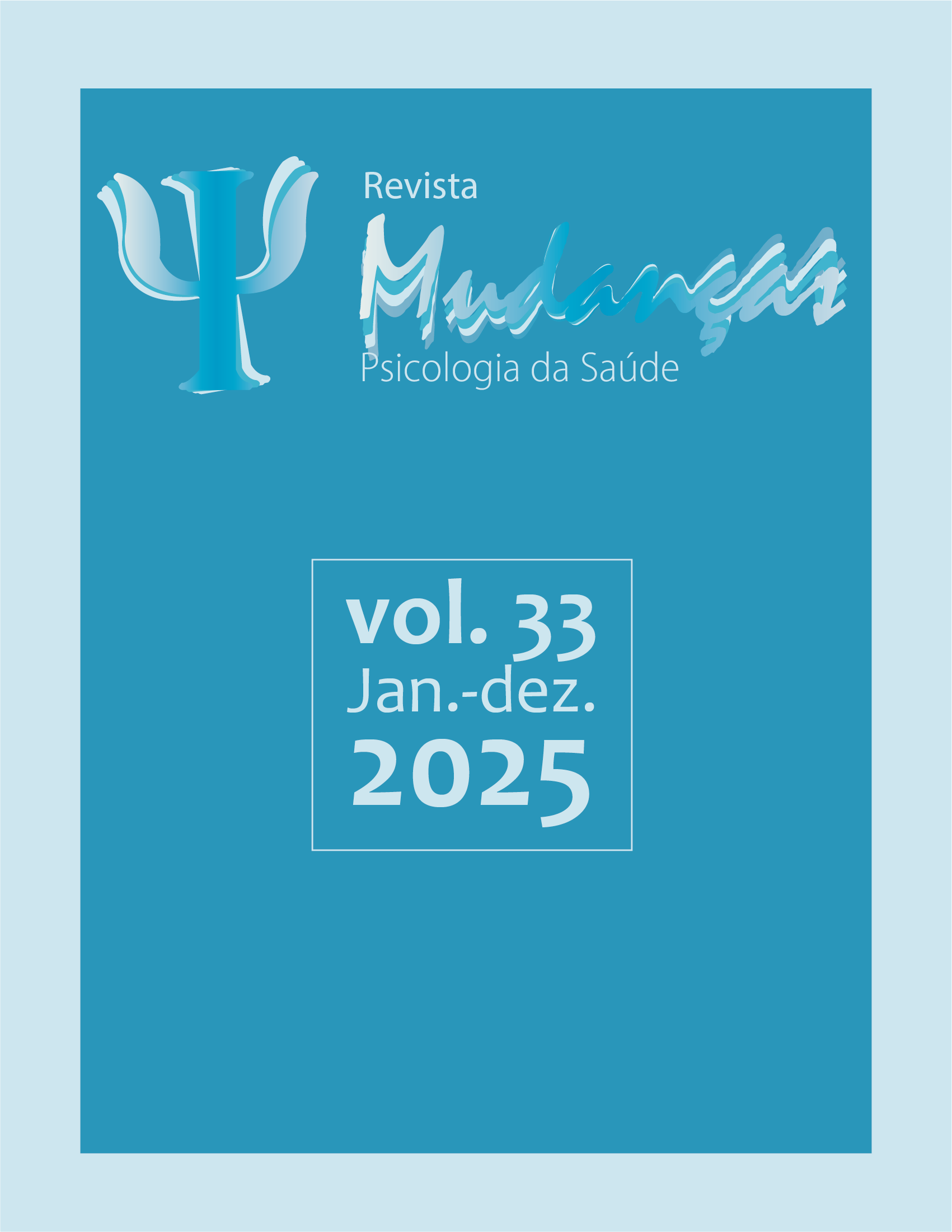COPING STRATEGIES IN AMPUTEE PATIENTS
DOI:
https://doi.org/10.15603/2176-1019/mud.v33.pe2025-017Keywords:
mputation Surgery; Stress; Coping SkillsAbstract
According to data from the Brazilian Society of Angiology and Vascular Surgery (SBACV), between 2012 and 2023, 282,000 amputation surgeries were recorded in the Brazilian Unified Health System (SUS), with approximately 140,000 of these resulting from complications of Diabetes Mellitus. Amputation, as a significant stressor that the individual undergoes, can be considered a problem, requiring the use of coping strategies. The objective was to identify the coping strategies in patients who underwent amputation of the upper and lower limbs. Method: This is a cross-sectional study with a quantitative approach, basic nature, and descriptive objectives. Data collection was conducted with patients in outpatient consultations at the Specialty Clinic of the Funfarme Complexo of Vascular Surgery, aged over 18 years with no gender restrictions, who had undergone some type of amputation of the upper and/or lower limbs. Data was gathered through the application of a sociodemographic questionnaire and the Problem-Solving Coping Inventory (EMEP). Results and Discussion: Data collection involved 25 participants, aged between 36 and 75 years, with amputations of the upper and/or lower limbs. Using the EMEP, it was possible to identify coping strategies focused on the problem, religious practices/fantasy thoughts, emotion, and social support as the most commonly used by participants. This allowed the achievement of the proposed objectives. Conclusions: With the data collected and analyzed, it was possible to highlight the coping strategies and the levels of reinforcement for each strategy as presented by the sample.
Downloads
Published
How to Cite
Issue
Section
License
Copyright (c) 2025 Mudanças: Psicologia da Saúde

This work is licensed under a Creative Commons Attribution-NonCommercial 4.0 International License.
Conteúdos publicados pela revista estão licenciados sob a licença Creative Commons Atribuição-NãoComercial-SemDerivações 4.0 Os autores mantém seus direitos de autoria, e a citação é permitida, identificando a fonte (da autoria e do periódico).


